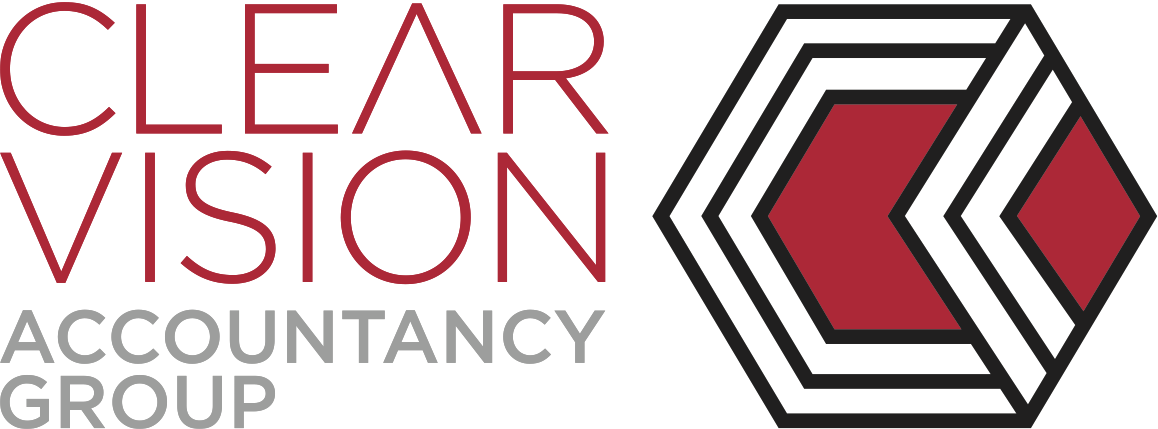Why does my business need a budget?
Clear Vision • May 29, 2018
We hear this a lot! Often goes along with, “ I can pay my bills and wages – why worry?” or “I do the work, pay the bills and just spend what’s left.”
If this sounds like your approach we offer the following reasons why you should talk to us NOW about getting a proper budget in place for your business or personal situation.
- See what’s coming – Setting a budget at the beginning of the year can help you see problems or other issues that you need to address ahead of time. Key decisions around staffing, equipment, materials, space and cashflow can be made with careful consideration – not in a rush when you’re taken by surprise.
- Get everyone on the same page – Your business probably relies on a range of people to make it function effectively. Setting a budget that everyone knows and understands makes it easy for everyone to work in the same direction. For performance driven staff it can also make it clear how the connection between the money they generate for the business, the money they are paid and the sustainability of the business is connected.
- A critical measuring stick – As Zig Zigler said, “If you aim at nothing, you will hit it every time.” A budget lets you measure and track your performance against your expectations. If you’re not hitting those expectations – what’s the cause?
- Financing or Exit Strategies – Being able to demonstrate a history of setting budgets and working to them – whether they are 100% successful or not – is one of the strongest ways to demonstrate to a financier that you are capable of repaying a loan. If you’re considering an exit strategy a budget set out over several years showing how the business has developed will help reassure a potential buyer about what they can expect.
- Keeping your wallet closed! – Your business spending is far more likely to be kept under control when money is allocated within a documented budget and unallocated spending is either not tolerated or kept to a minimum.
- Spending & Profit connected – It’s surprising how often smart business owners don’t connect their spending directly enough to their eventual profit. With a properly formulated budget you can see immediately how an increase in spending will impact the amount of profit in your pocket at the end of the year.
If you need help getting a budget set for your business please contact us to arrange an appointment to discuss.
The post Why does my business need a budget? appeared first on Clear Vision Accountancy Group.

The ATO is cracking down on people who claim too many tax deductions for properties that they use both personally and as rentals — especially holiday homes. A new draft ruling says that if you use a property for both personal use and renting it out, you must split (apportion) the expenses in a fair and reasonable way. You can only claim deductions for the portion of time or space used to earn rental income. If the ATO thinks your property is really a holiday home — for example, you block out peak times for your own use and only rent it occasionally — they can classify it as a “leisure facility.” If that happens, you cannot claim big expenses like mortgage interest, council rates, land tax or maintenance. You’ll only be allowed to claim small costs like cleaning, advertising and platform/agent fees. The ATO says many owners of holiday homes have been claiming too much by showing “rental losses” every year. They are now looking more closely at cases where the owner keeps the property unavailable for rent during busy periods. How do I stay off the ATO naughty list? If you mix personal use with rental use, be careful. Only claim the rental part of your expenses, or the ATO may deny most of your deductions.

From 1 October 2025, the Australian Taxation Office (ATO) officially closed the Small Business Superannuation Clearing House (SBSCH) to new users. Thanks to the efficiencies of Xero, this change does not impact Xero clients, as Xero includes its own built-in auto-super functionality. This means employers can make superannuation payments directly through Xero—without needing to access the ATO’s separate clearing house service. Key Dates and Details No new users: From 1 October 2025, the SBSCH stopped accepting new registrations. Full closure: The SBSCH will be fully decommissioned on 1 July 2026. Existing users: Businesses currently using the SBSCH can continue until 30 June 2026 but are encouraged to transition to an alternative solution before this date. At Clear Vision Accountancy Group, we highly recommend Xero as an efficient, streamlined, and ATO-compliant payroll and superannuation solution. If you’d like to discuss transitioning your business to Xero, call our team today on (07) 4688 2500 — we’re happy to help.

If you own a rental property or holiday home, keeping the right records is key to maximising your tax deductions and staying ATO-compliant. This week, we’re highlighting what the ATO expects you to keep when it comes to residential rental properties. Here’s a quick checklist of the documents you should hold onto: Purchase & Sale Documents – Contracts, settlement statements, and legal documents. Loan & Ownership Records – Loan statements, refinancing documents, land tax assessments. Rental Income – If you don’t have a rental statement you will need to document all rental income received, including bond money retained, insurance payouts, and any other reimbursements. Expenses & Repairs – Keep receipts and invoices for expenses like advertising for tenants, property agent fees, council rates, strata levies, repairs, maintenance, insurance, and interest on loans. Depreciation & Capital Works – Receipts for assets over $300, depreciation reports, and capital improvement records. Before and after photos of any capital works. Holiday Home Use – If your property is rented out part-time, you’ll need evidence of when it was genuinely available for rent (e.g. booking requests, advertising, availability calendars). How long to keep records: You’ll need to keep most records for at least 5 years after lodging your tax return, or longer if claiming capital works or carrying forward losses. Keeping detailed records ensures you claim everything you're entitled to—and makes things much easier in the event of an ATO audit. Need help getting your documentation in order? Reach out to our team at Clear Vision Accountancy Group—we’re here to help. To read a more detailed list of items you need to keep for your rental property visit: Records for rental properties and holiday homes | Australian Taxation Office


